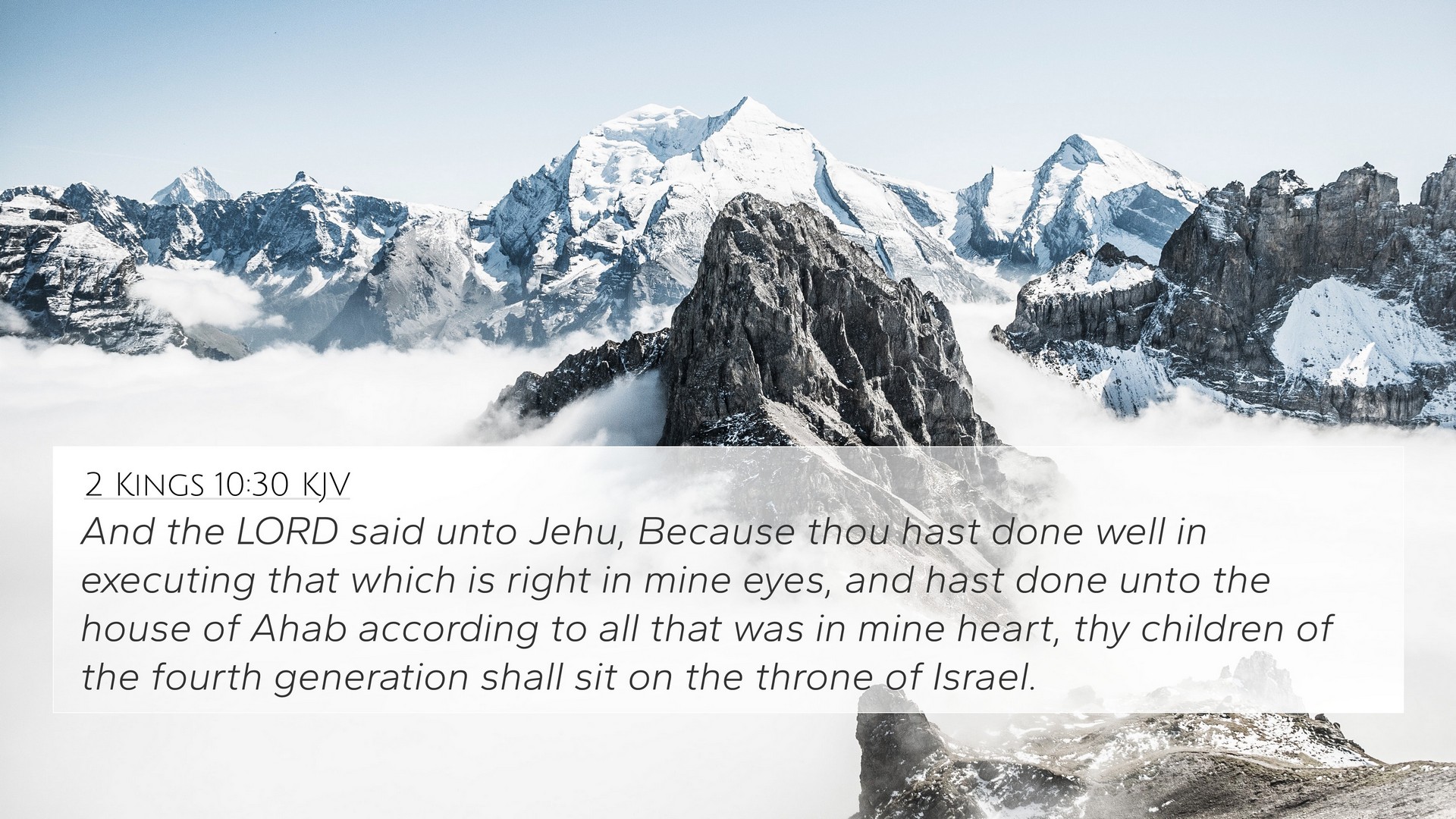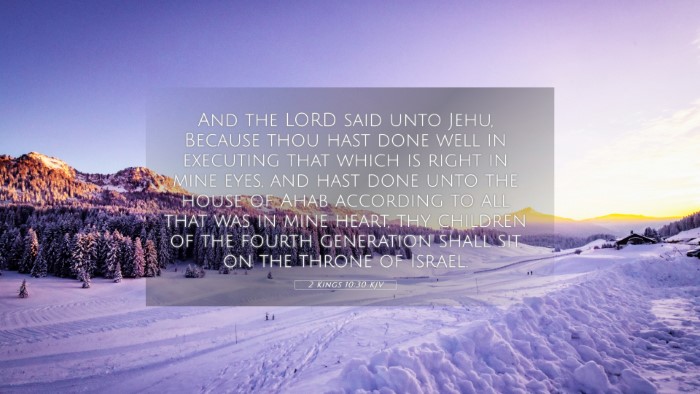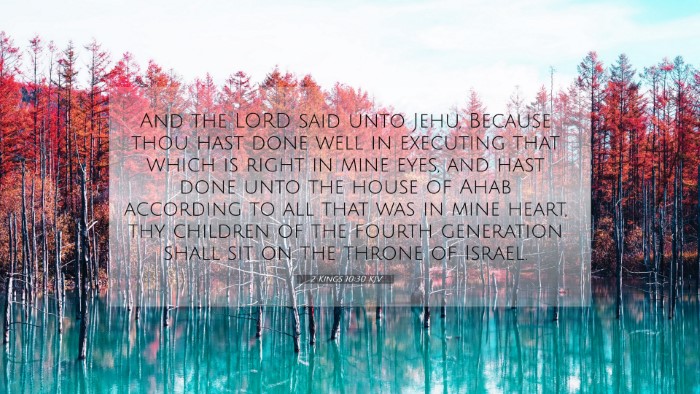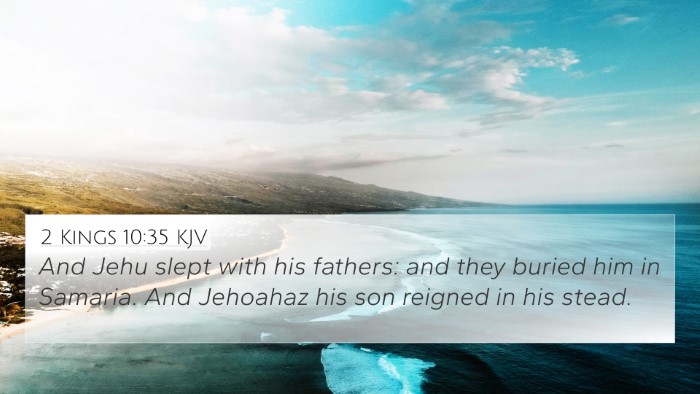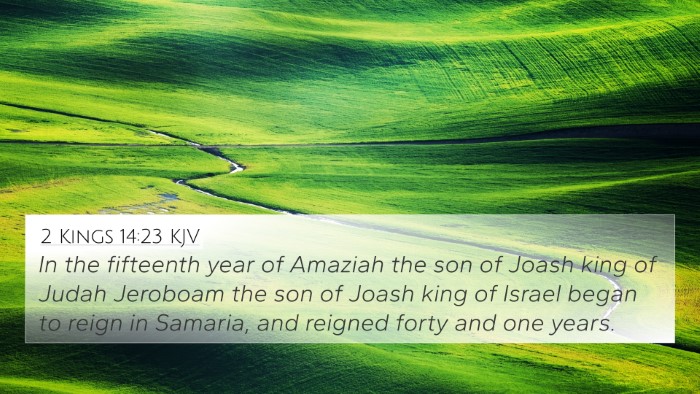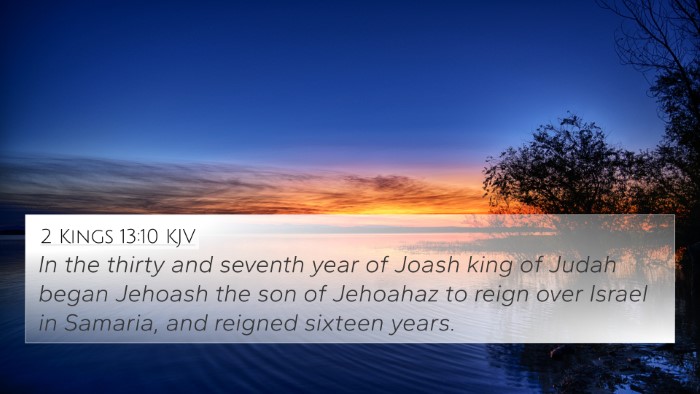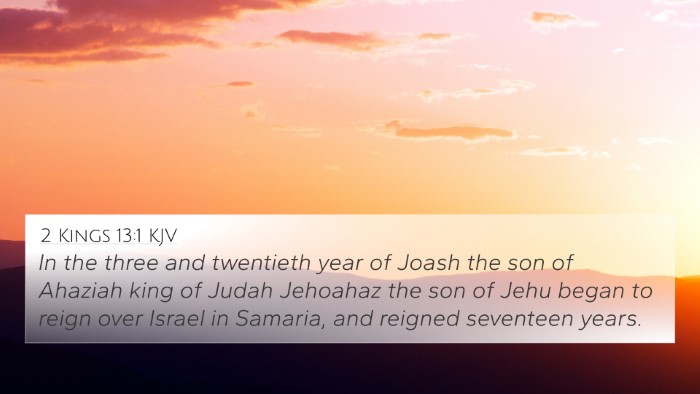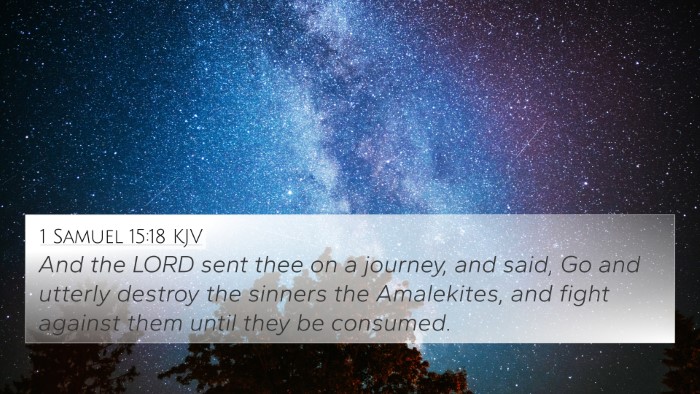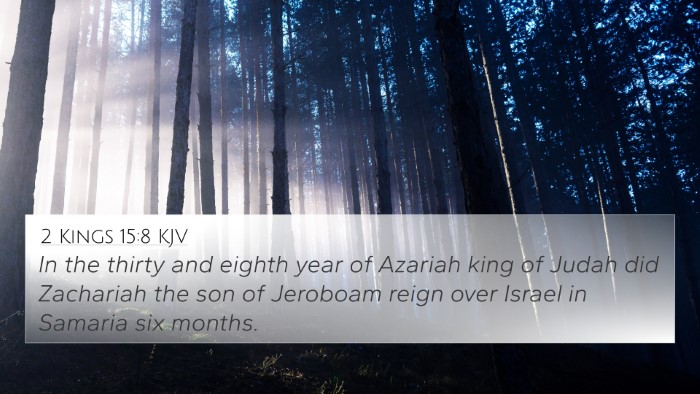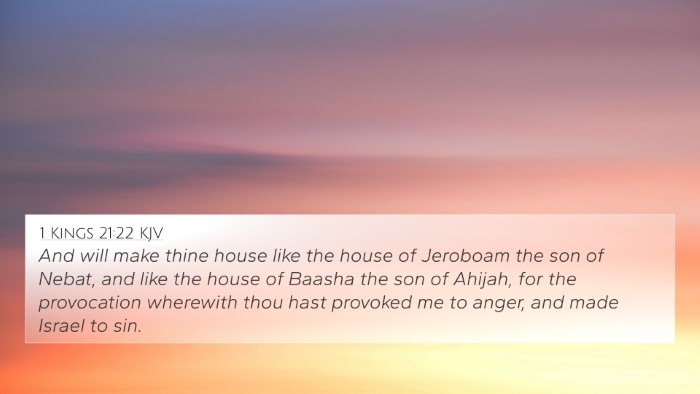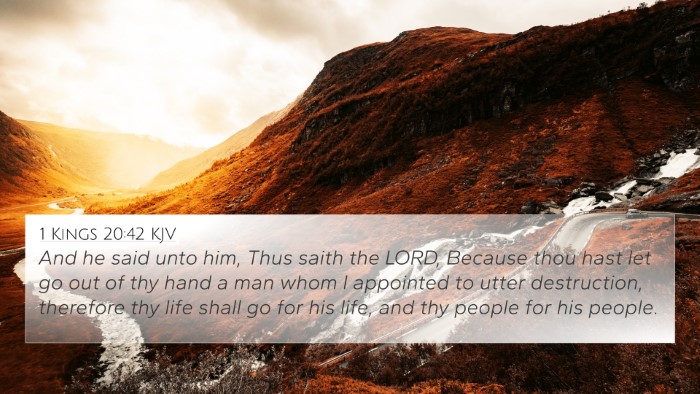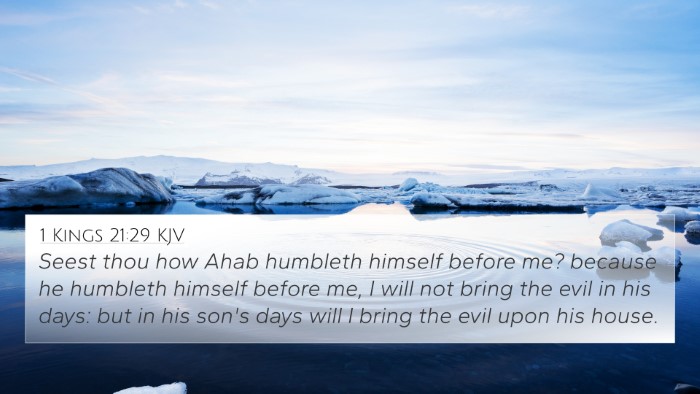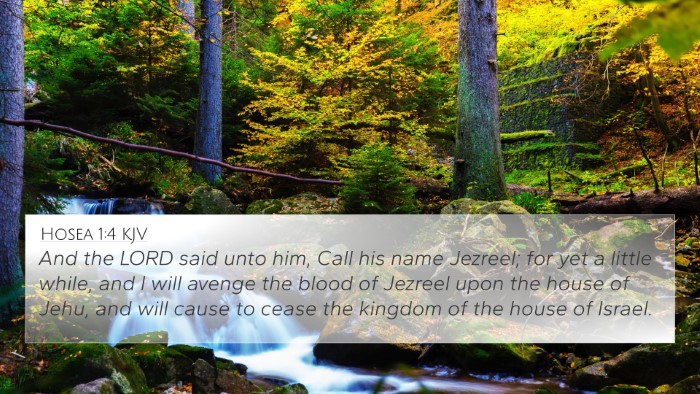Understanding 2 Kings 10:30
In 2 Kings 10:30, we find a significant moment in the biblical narrative where God commends Jehu for executing His judgment against the house of Ahab. This verse reads: "And the Lord said unto Jehu, Because thou hast done well in executing that which is right in mine eyes, and hast done unto the house of Ahab according to all that was in mine heart, thy children of the fourth generation shall sit on the throne of Israel." This commentary dives into the meaning and implications of this verse, drawing insights from esteemed public domain commentaries, including those by Matthew Henry, Albert Barnes, and Adam Clarke.
Context and Background
To fully grasp the weight of 2 Kings 10:30, it is essential to consider the surrounding context of Jehu's reign and the previous judgment that befell the house of Ahab. Jehu was anointed by a prophet to eradicate the evil influence of Ahab's house, known for leading Israel into idolatry and sin.
Key Themes in 2 Kings 10:30
- Divine Approval: The verse illustrates God's approval of Jehu’s actions, demonstrating that God rewards those who fulfill His commands.
- Judgment and Retribution: Jehu's rise and the destruction of Ahab's dynasty are portrayed as a direct response to Ahab’s transgressions against God.
- Legacy and Promise: God’s promise to Jehu emphasizes the importance of righteous leadership and establishes a generational covenant based on faithfulness.
Combining Insights from Commentaries
Matthew Henry's Commentary: Henry emphasizes that Jehu was diligent in executing God’s will, thereby ensuring that God’s judgment was fulfilled. He points out that God did not simply require execution of judgment but also a heart aligned with divine intent.
Albert Barnes’ Notes: Barnes notes the significance of Jehu's legacy as a testament to obedience. He highlights that God is meticulous in His promises and that Jehu’s descendants would rule due to Jehu fulfilling his divine commission, despite the complexities of his character and actions.
Adam Clarke's Commentary: Clarke adds a nuanced understanding of the fourth generation promise. He discusses how it represents stability and continuation in governance that arises when leaders align with God’s purpose.
Biblical Cross-References
Understanding 2 Kings 10:30 becomes richer when cross-referenced with other biblical texts. Here are several verses that relate:
- 1 Kings 19:16-17: God’s instruction about anointing Jehu, setting the stage for his future actions.
- 2 Kings 9:6: The anointing of Jehu, demonstrating God's choice and call for judgment.
- 2 Kings 9:22-24: Highlights the fulfillment of prophetic judgment against Ahab.
- 2 Kings 15:12: Reflects on the continuity of Jehu’s legacy and its fulfillment over generations.
- Hosea 1:4: God’s prophecy regarding the house of Jehu and its ultimate fate.
- Matthew 1:12: Genealogical connections extending from David through Jehu's lineage.
- 1 Chronicles 2:55: Discussion on the families involved, linking to the political history of Israel.
Applying the Meaning Today
The lessons derived from 2 Kings 10:30 extend beyond historical narrative into practical implications for contemporary life. Leaders, whether in church, community, or family, are called to act righteously and fulfill divine expectations. The promise of legacy serves as a reminder that our actions have repercussions that follow beyond our own lives.
Conclusion
In summary, 2 Kings 10:30 serves as a powerful testimony of God’s recognition of righteousness and His faithfulness to His promises. Through the insights gathered from various biblical commentaries and cross-referenced scriptures, it becomes clear that the principles found in this verse guide us in understanding the nature of God's justice, the importance of obedience, and the weight of our actions on future generations.
